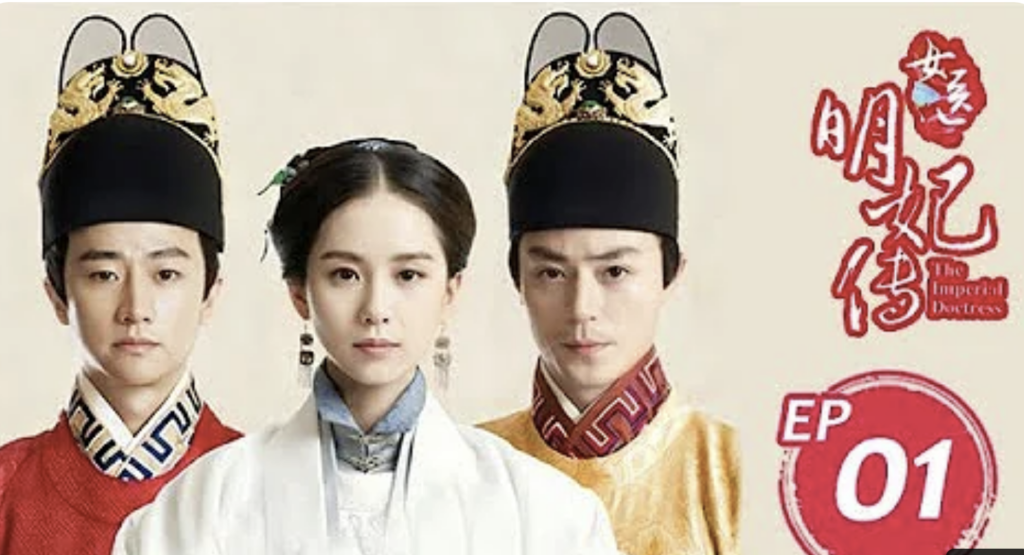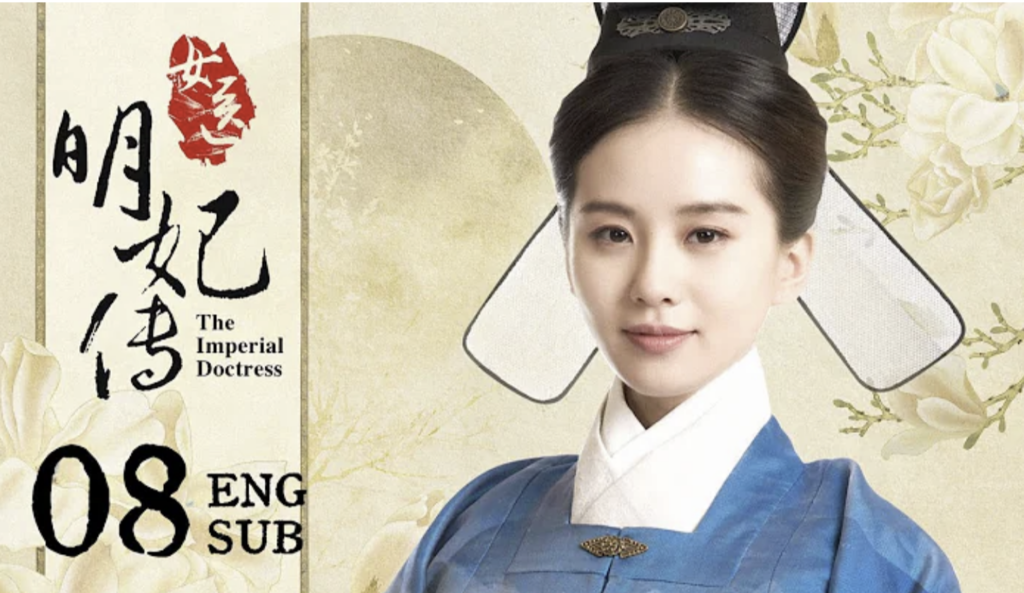Undoubtedly the most well-known female doctor in China’s long history is Tan Yunxian (1461-1556) of the Ming Dynasty (1368-1644). It’s not that there were no other noteworthy female doctors; it’s just that there are very few detailed records of their lives and their work. Lorraine Wilcox with Yue Lu opened up the window into her life and work by translating Tan Yunxian’s book, Miscellaneous Records of a Female Doctor, into English. Today there are many movies and stories written about Tan Yunxian.


Although movies may make up parts to add excitement/tension to the story, because of this book, we have factual information about her and her family—she came from a medical family and was trained by her accomplished grandmother. Much of her medical prowess was based on well-established medical texts, but she also developed some of her own treatments. My character, Xiang-hua, in the A Ming Dynasty Mystery series (Deadly Relations, No Way to Die,and Justice Delayed, Justice Denied) is modeled on her life.
Because of China’s social conventions demanding varying degrees of separation between men and women—including male doctors and their female patients—female doctors were needed to treat women. A male doctor was limited in how much he could examine, touch, his female patient. Usually, and only under appropriate circumstances, he could take her pulse to determine her illness and prescribe medicine. A female doctor could examine her patient more directly and more completely. She could also give a wider range of treatments, some involving touching the patient.
Of the other female doctors we know about, most are written about because they served in the imperial palace taking care of the emperor’s women. For example, in the Western Han Dynasty (206 BCE-9 CE), Yi Shuo (AKA Yi Xu) from Shan Xi province is known to have been a valuable and trusted female doctor because of her treating the empress dowager.*
Some were also noted because they worked with their husbands. Bao Gu of the Jin Dynasty (265-420 CE), who traveled with her highly acclaimed husband throughout Guangdong, was also so well-known and so famous, people called her the “Immortal Lady Bao.”
One female doctor, Wei Hua Cun (?252-334 AD) seems to be an exceptional case. She came from a literati family; her father was a court official. After marrying and having two children, she separated from her husband and apparently lived alone, practicing medicine for the rest of her life.
As important as female doctors were to their women patients, however, they were often roundly criticized by well-educated male doctors and other Confucianists as incompetent charlatans that should only have limited access to their families’ women. As with the other grannies, this distrust arose out of the lack of control men had over these relatively independent women. Nevertheless, in spite of this, female doctors were ultimately allowed into the homes because they were medical experts and served an important function—caring for sick women and children.
* NOTE: Information for this blog was taken from: Women Practitioners in Ancient China” bartleby.com; “Female Doctors in Ancient China,” Elena Santilli; A Flourishing Yin, Gender in China’s Medical History, 960-1665, Charlotte Furth; Dangerous Women, Victoria Cass.



To order books go to: https://www.amazon.com/s?k=pa+de+voe&i=stripbooks&crid=20Q1ZL6QA6K16&sprefix=pa+de+voe%